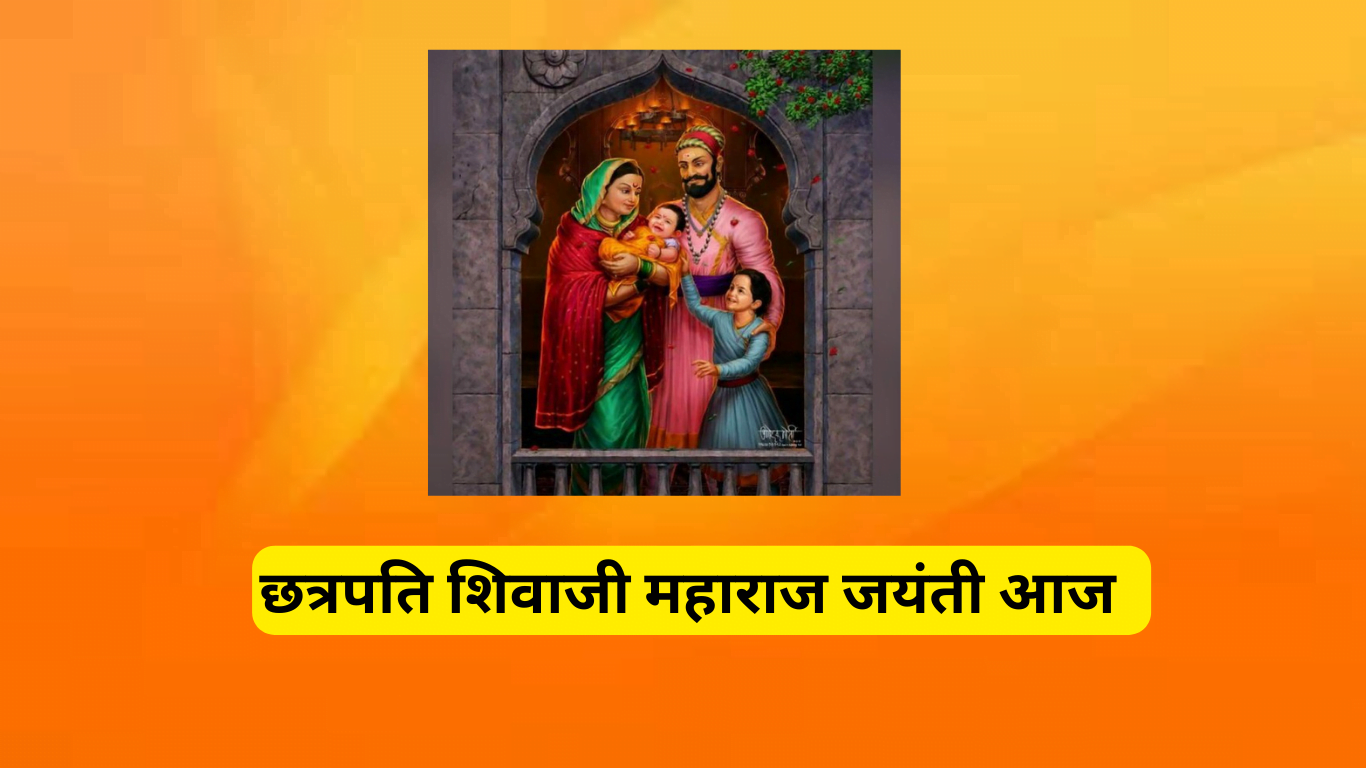Muktabai or Mukta was a saint in the Varkari Movement. She was born in a Deshastha Brahmin family and was the younger sister of Dnyaneshwar, the first Varkari saint. she born in 1279. According to some scholars the siblings Nivruttinath, Dnyandev ,Sopan and Muktabai’s birth years are 1268, 1271, 1274, 1277 respectively. Muktabai was a poet-saint and, like her brother, contributed to the Varkari tradition through her devotional compositions.


Muktabai is known for writing abhangs, which are devotional songs in the Marathi language. These abhangs express her deep spiritual insights and devotion to the divine. It is said that she wrote a total of forty-one abhangs throughout her life.
The Varkari movement, in general, emphasizes the importance of devotion (bhakti) to God, particularly the deity Vithoba (a form of Lord Krishna), and encourages a simple and sincere approach to spirituality. The abhangs written by saints like Muktabai and Dnyaneshwar have played a significant role in shaping the devotional and philosophical landscape of the Varkari tradition.
It’s noteworthy that Muktabai was the last of four children born to Vitthalpant Govind Kulkarni and Rukmini. Her family background, with her father’s Vedic studies and pilgrimages, reflects a spiritual and religious environment. The marriage of Vitthalpant with Rukmini, the daughter of Sidhopant, further illustrates the connections within the local Yajurveda Brahmin community.
This familial context likely influenced Muktabai’s exposure to spiritual teachings and practices from a young age, setting the stage for her later contributions as a saint in the Varkari movement. The emphasis on the Godavari River and the town of Apegaon near Paithan adds geographical and cultural dimensions to her story, connecting her life to specific regions in Maharashtra, India.
Muktabai’s teachings, as captured in her writings, emphasize the virtues of forgiveness, purity of mind, and the ability to remain calm in the face of adversity. Her poetic expression in “Tatiche Abhang”(ताटीचे अभंग) beautifully conveys the idea of maintaining inner tranquility amidst the challenges of the external world.
Her famouse writings:1)”Tatiche abhang”(The song of the door)
She says: “An ascetic is pure in mind and forgives the offences of people. If the world is hot as fire owing to exasperation, a sage should with pleasure be cool as water. If people hurt them with weapons of words, saints should treat those remarks as pieces of advice. This universe is a single piece of cloth woven with the one thread of Brahman, so please open the door, O Jnaneshwar.”
2) Changdev Pasashti: It is the a 65 Ovi (verse) philosophical letter written by Sant Muktabai to Yogi Changdev in 1291 CE. Preachings to Changdev – She says: “Though he has no form my eyes saw him, his glory is fire in my mind that knows his secret inner form invented by the soul. What is beyond the mind has no boundary. In it our senses end. Mukta says: Words cannot hold him yet in him all words are.” “Where darkness is gone I live, where I am happy. I am not troubled by coming and going, I am beyond all vision, above all spheres. His spirit lives in my soul. Mukta says: He is my heart’s only home.The teachings to Changdev reflect Muktabai’s spiritual insights, emphasizing the formless nature of the divine and the transcendence of the mind. The verses suggest a profound understanding of the unity of all existence and the realization of the divine within.

Do yo know?: In numerous locations across Maharashtra, devotees engage in the worship of Muktabai. In the northern regions, people venerate Muktai and embark on devotional visits to Muktai’s temple. Within the Varkari tradition, Saint Muktabai is regarded as ‘Adishakti’ or the Divine Mother. Varkaris sing abhangas, devotional songs, composed by Muktabai, affectionately calling her “Muktai,” signifying Mother Muktabai.
To honor Saint Muktabai, the town of Edlabad was officially renamed Muktainagar, and it serves as the administrative center for the Muktainagar taluka, which was also named in her honor. Saint Muktai’s abhangas hold a significant place in Marathi textbooks published by Balbharati in Maharashtra, underscoring her cultural and literary importance.

Readers of the Bhagwat Katha express profound respect for Saint Muktai, acknowledging her esteemed status in the spiritual realm. The enduring reverence for Muktabai is evident in the continued worship and inclusion of her teachings in various aspects of Maharashtra’s cultural and religious practices.
.





